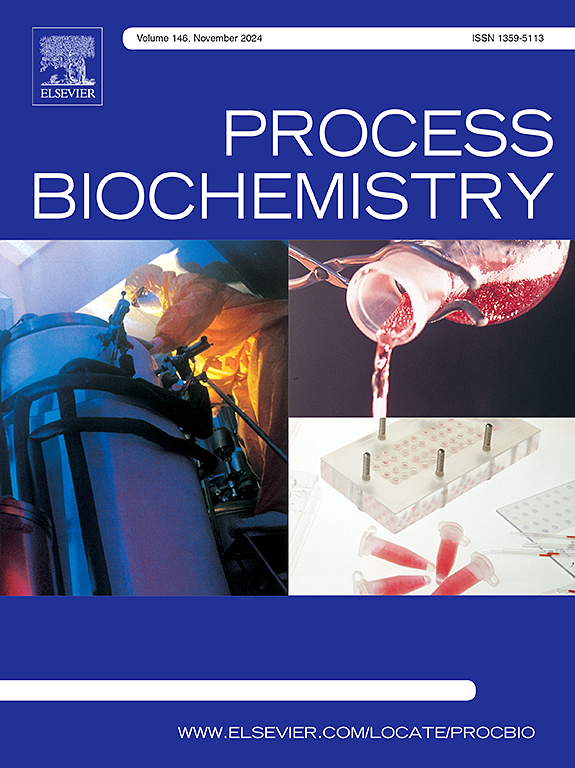Evaluating the storage stability of a Plasmodium vivax circumsporozoite protein vaccine candidate
IF 3.7
3区 生物学
Q2 BIOCHEMISTRY & MOLECULAR BIOLOGY
引用次数: 0
Abstract
Malaria is a serious public health problem, with approximately 263 million cases recorded worldwide in 2023. The prevention of this disease and the development of vaccines against it remain critical issues to resolve. However, the ability of newly developed formulations to remain stable and biologically active under storage is a challenge to overcome but highly relevant, considering the places where such vaccines are needed. In this study, we evaluated the six-month storage stability of yPvCSP-All epitopes, a Plasmodium vivax malaria vaccine candidate, comprising a recombinant protein expressed in the yeast Pichia pastoris. The stability of the liquid and lyophilized formulations after storage at three different temperatures was determined using SDS-PAGE, immunoblotting, circular dichroism, SEC, RP-HPLC, and immunization assays. In liquid formulation, only the recombinant protein stored at –20°C remained stable for 180 days. By contrast, the lyophilized formulations showed no signs of degradation for six months when stored at –20°C and 5°C, and they all induced high antibody titers. These results demonstrate that the vaccine formulations can remain stable under some of the tested conditions, which is promising considering the difficulty of maintaining the cold chain in regions where malaria is endemic.
求助全文
约1分钟内获得全文
求助全文
来源期刊

Process Biochemistry
生物-工程:化工
CiteScore
8.30
自引率
4.50%
发文量
374
审稿时长
53 days
期刊介绍:
Process Biochemistry is an application-orientated research journal devoted to reporting advances with originality and novelty, in the science and technology of the processes involving bioactive molecules and living organisms. These processes concern the production of useful metabolites or materials, or the removal of toxic compounds using tools and methods of current biology and engineering. Its main areas of interest include novel bioprocesses and enabling technologies (such as nanobiotechnology, tissue engineering, directed evolution, metabolic engineering, systems biology, and synthetic biology) applicable in food (nutraceutical), healthcare (medical, pharmaceutical, cosmetic), energy (biofuels), environmental, and biorefinery industries and their underlying biological and engineering principles.
 求助内容:
求助内容: 应助结果提醒方式:
应助结果提醒方式:


